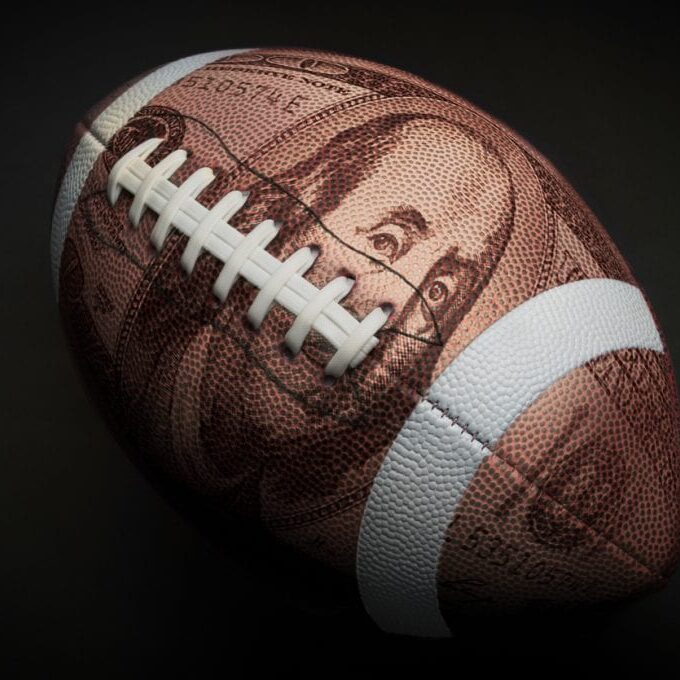Insights < BACK TO ALL INSIGHTS
Ruling in Daniels v. FanDuel Highlights the Value of Sports Data and Contemporary Culture
Ruling in Daniels v. FanDuel Highlights the Value of Sports Data and Contemporary Culture
By: Nicole Kardell
More good news for sports betting operators exploring U.S. markets: the Indiana Supreme Court has upheld the “newsworthy value” of sports player stats. The ruling will make it harder for leagues and players to exercise control over (or to extract rents from) the distribution of player data.
The case, Daniels v. FanDuel, was brought by several college athletes against DraftKings, Inc. and FanDuel, Inc. Plaintiff athletes alleged that the fantasy sports operators violated Indiana’s right of publicity statute by publishing the players’ “names and likenesses in operating and promoting online fantasy sports contests without [their] consent.”
The matter has bounced between federal and state court (making for good case law at both the federal and state levels). The fantasy sports operators moved the matter to federal district court where it was dismissed. Then the plaintiffs appealed to the Seventh Circuit federal appeals court. That court in turn punted the case back to Indiana’s high court on the following issue: whether Indiana’s right of publicity law requires sports operators to get athletes’ consent to use their names, pictures and stats on their fee-based platforms. Next up will be the Seventh Circuit’s decision. But the Indiana holding would make it hard for the appeals court to rule against the fantasy sports operators.
The case highlights a major challenge for sports betting operators who have been hand-tied both by the leagues and state legislatures. For instance, the NBA has insisted that it should have the exclusive ability to determine the source of data feeds for its league. States (oftentimes influenced by leagues or other special interests) have enacted laws that reflect such exclusivity, and put legal limits on what sports data operators can use and how and when they can use it. The legal limitations have come in the form of intellectual property rights and rights of personality/publicity (the matter for the Indiana Supreme Court). Some states have required “integrity fees”, others “data rights fees.” The upshot is that real-time stats and player details have not been accessible without player (and league) permissions and licenses.
But the net around sports data may be loosening as the Daniels v. FanDuel ruling highlights an attitude shift in the U.S.: lawmakers and judges are coming to recognize the legitimate value of sports data, sports betting, and the important place that sports hold in contemporary culture. This will make it easier for operators to access and use data and harder for leagues (or other special interests) to lobby for statutory restrictions.
The Indiana Supreme Court’s opinion in Daniels v. FanDuel acknowledged these norms in support of its position that fantasy sports operators’ use of players’ names, pictures and statistics fall under the “newsworthy” exception to the state’s right of publicity law:
The public fascination with these facts and figures provides context and standards by which past, present, and future players are judged … This fascination extends to our own state where many fans of the Notre Dame Fighting Irish, Purdue Boilermakers, Indiana Hoosiers, and all other collegiate sports teams argue, debate, and commiserate over the statistical value of each player and where his or her achievements fall in the history of football or basketball. Few activities invoke such fervor among so many over so little.
Our culture’s sports conversation, and how that conversation translates into sports wagering, is no longer relegated to neighborhood chatter, dark rooms or the other proverbial sidelines. The Daniels v. FanDuel follows the trend towards recognizing the industry’s legitimacy.





